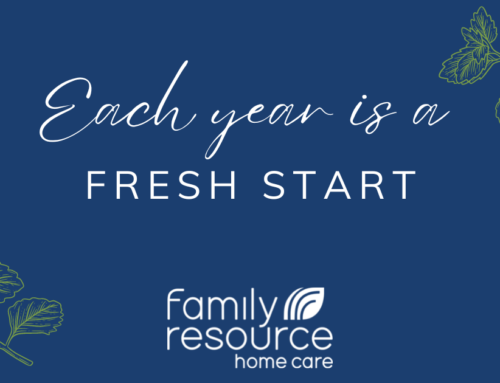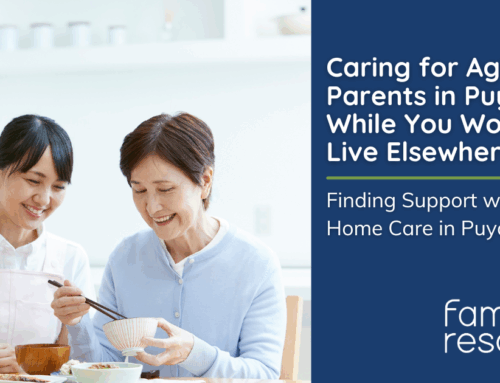How to Choose the Right Home Care Agency for Elderly Parents: A Complete Guide
As our parents age, ensuring they receive the best possible care becomes a top priority. Many families turn to home care services to provide support while allowing their loved ones to remain independent in the comfort of their own homes. But with so many options available, how do you choose the right home care agency for elderly parents?
This guide will walk you through everything you need to know about selecting a reliable home care provider, including services offered, costs, caregiver qualifications, and important questions to ask.
1. What Is Home Care, and How Does It Work?
Home care provides non-medical assistance to seniors who need help with daily activities such as personal hygiene, meal preparation, mobility support, and companionship. Unlike home health care, which involves medical services like wound care or physical therapy, home care focuses on improving quality of life and maintaining independence.
2. What Services Do Home Care Agencies Provide?
When searching for how to choose the right home care agency for elderly parents, it’s essential to understand the types of services available. These may include:
- Personal Care & Activities of Daily Living (ADLs): Bathing, dressing, toileting, grooming, and mobility assistance.
- Companionship & Social Engagement: Conversation, games, and emotional support to prevent loneliness.
- Meal Preparation & Nutrition Support: Cooking, grocery shopping, and ensuring proper nutrition.
- Transportation & Errands: Doctor appointments, pharmacy visits, and grocery shopping.
- Respite Care: Temporary relief for family caregivers.
- Dementia & Alzheimer’s Care: Specialized support for memory care needs.
- End-of-Life Care: Comfort and companionship for seniors with terminal illnesses.
- Overnight 24/7 Care: Ensures safety and well-being for seniors during the night and day.
- Live-In Care: When a caregiver is needed around the clock. This does include a sleep shift for the caregiver. See here for more specifics: Family Resource Home Care Live-In Care
3. How Much Does Home Care Cost?
The cost of home care varies based on factors like location, the level of care needed, and the agency you choose. On average, home care can range vastly in pricing, with 24-hour and live-in care costing more. Here is a simple Google search to see the different types of rates in the Pacific Northwest: Home Care Price Google Search
Ways to Pay for Home Care:
- Private Pay: Out-of-pocket payments.
- Long-Term Care Insurance: Coverage for home care services.
- Medicaid & State Programs: Some states offer financial assistance.
- Veterans Benefits: VA Aid & Attendance and Community Care Network benefits can help cover costs. For more information regarding VA Benefits, feel free to reach out to us directly to connect with our Director of VA Benefits, Margaret, and learn more.
4. What Should You Look for in a Home Care Agency?
To find the best care for your loved one, consider the following:
✅ Licensing & Accreditation: Ensure the agency is licensed by the state and has good reviews.
✅ Caregiver Training & Qualifications: Are caregivers certified, background-checked, and experienced?
✅ Flexibility & Availability: Can the agency provide 24/7 care if needed?
✅ Personalized Care Plans: Does the agency tailor services to meet individual needs?
✅ Emergency Response Plan: What happens in case of emergencies or caregiver cancellations?
5. Important Questions to Ask a Home Care Agency
When meeting with agencies, use this checklist to ensure you choose the right provider:
✔️ How do you screen and train your caregivers?
✔️ What services are included in your home care plans?
✔️ Can I interview potential caregivers before they start?
✔️ What happens if my loved one doesn’t get along with a caregiver?
✔️ How do you handle changes in care needs over time?
6. How to Ensure a Smooth Transition to Home Care
Bringing a caregiver into your loved one’s home can be an adjustment. To make the transition easier:
- Involve Your Loved One: Include them in decision-making to reduce resistance.
- Start Slowly: Begin with a few hours per week and gradually increase as needed.
- Maintain Open Communication: Regularly check in with both the caregiver and your loved one.
Final Thoughts
Finding how to choose the right home care agency for elderly parents can feel overwhelming, but by doing your research, asking the right questions, and prioritizing quality care, you can ensure your loved one receives the best support possible.
If you’re ready to explore home care options, reach out to us today and take the first step toward peace of mind for you and your family.






